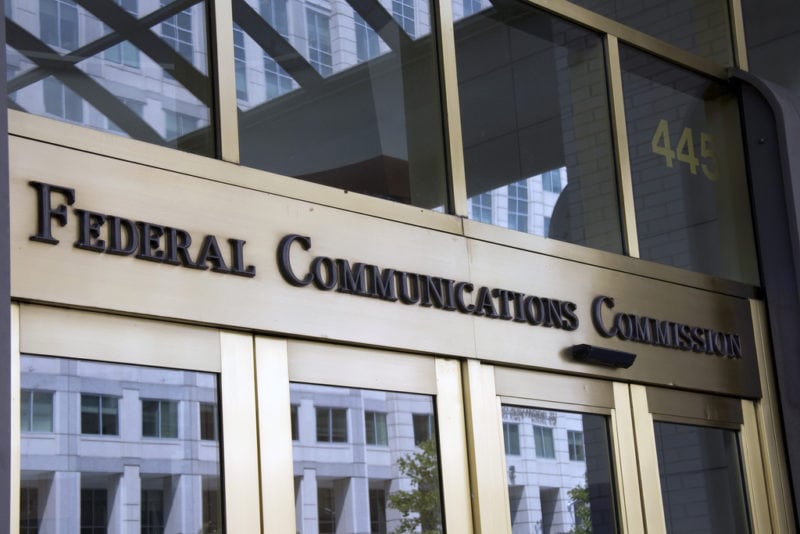Latest News

Federal Communications Commission. Photo: FCC
The Federal Communications Commission (FCC) significantly streamlined the application process for small satellites, providing an alternative, cheaper, and more flexible authorization process. Given recent innovation in the small satellite sector and the increasing number of commercial operations, the regulations adopted set out a new optional authorization process, within Part 25 of the Commission’s rules, to govern satellite licensing that is tailored to small satellite operations. The new process addresses current needs in this evolving industry sector, as technological developments have outpaced existing Commission licensing rules and processes.
Many small satellites are launched not as large constellations, but as part of small-scale operations consisting of a single satellite or only a few satellites. This new licensing process is optional and intended to cover smaller-scale operations rather than the large constellations of satellites that are planning to provide broadband service or other satellite systems that require constant spectrum availability.
Specifically, this decision allows for a new, optional process to be used by satellites with certain characteristics, such as having a short on-orbit lifetime, a maximum wet mass of 180 kilograms, and having a mission profile designed to produce a low risk of orbital debris and spectrum interference. This action also adopts a new application fee category for small satellite applicants seeking a U.S. license or access to the U.S. market, and adopts a new small satellite regulatory fee category.
“We still require small satellites, which have minimal mass and short orbital lifetimes, to jump through the same regulatory hoops as larger, heavier satellites that may stay in Low-Earth Orbit (LEO) for many years. But there is no reason why a satellite the size of a shoebox, with the life expectancy of a guinea pig, should be regulated the same way as a satellite the size of a school bus that will stay in orbit for centuries,” said FCC Chairman Ajit Pai. “Those qualifying for this process would submit a streamlined application, be exempted from the Commission’s processing round procedures, be granted a one-year grace period from posting of a surety bond, and pay a smaller application fee. In other words, they would face a shorter and less expensive application process.”
Get the latest Via Satellite news!
Subscribe Now